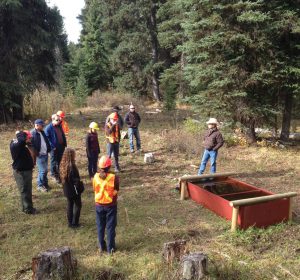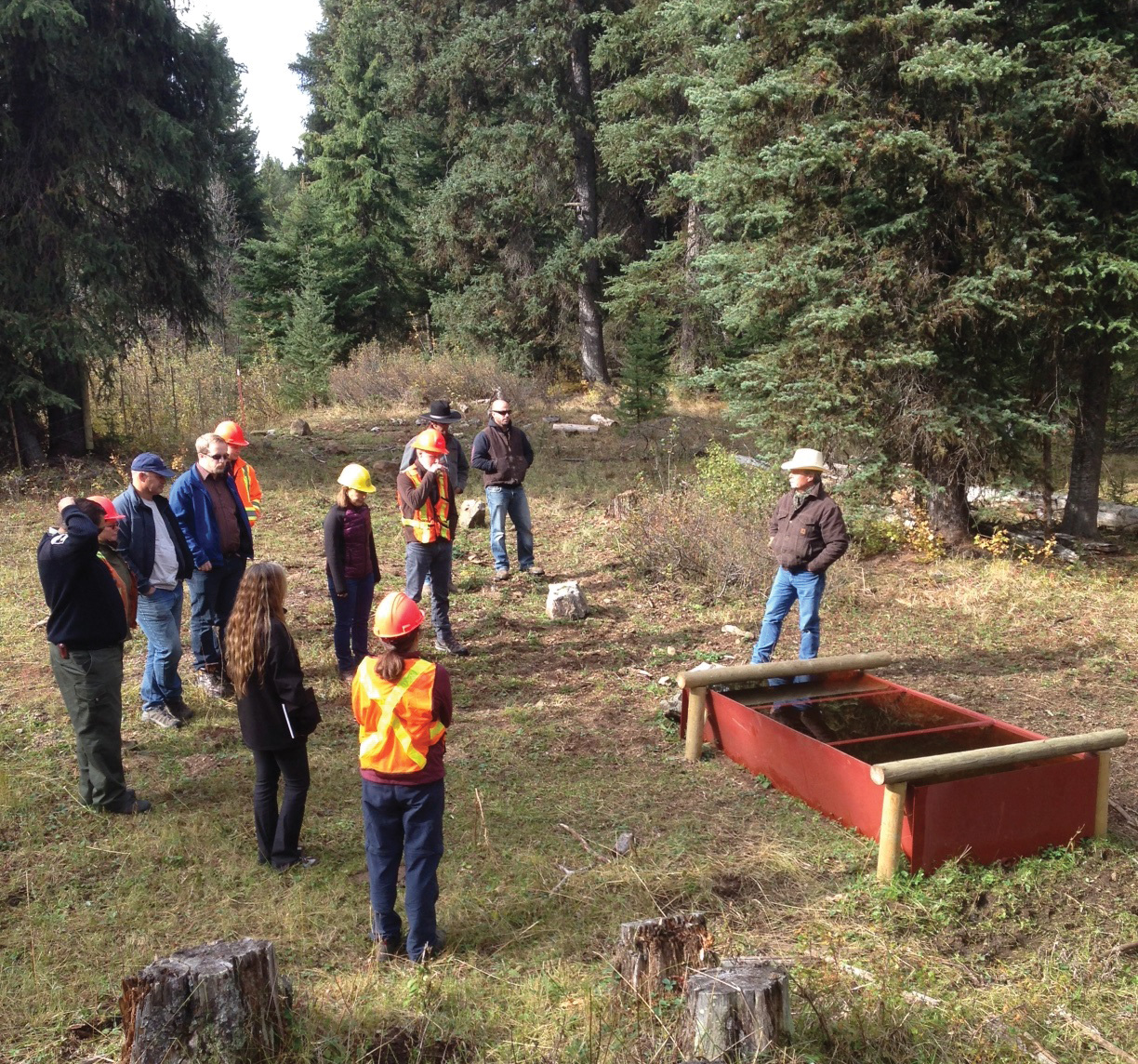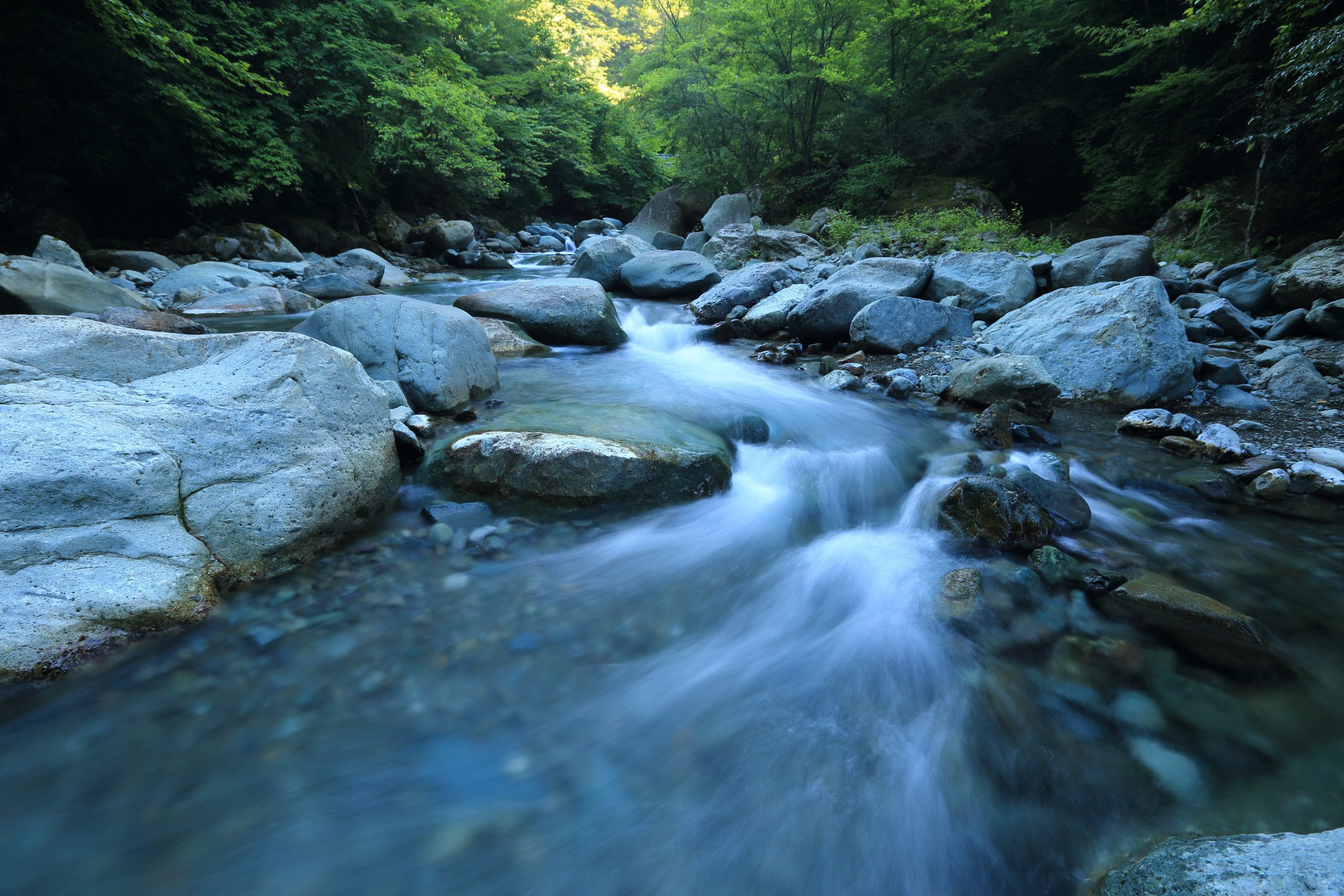
Source water for the Regional District of North Okanagan (RDNO) and Greater Vernon Water (GVW) utility faces threats from forest service roads, range use, and public use of its upland watershed.
The Duteau Creek Watershed Assessment Response Plan identifies specific action items to address the hazards and risks to the source water. The Plan is a fine example of how water suppliers can overcome jurisdictional barriers to protect source water by using collaboration and compromise for good land use management.
The Duteau Creek Watershed Technical Advisory Committee (TAC) was established in February 2009. Comprehensive Terms of Reference were established in August 2010 to provide guidance to the TAC on its role, composition, meetings, and reporting. The role of the TAC is to provide RDNO/GVW staff with comments and recommendations on objectives, strategies, policies, and land use legislation that may be considered to protect water quantity and quality and the implementation of the protection plan.
The TAC comprises representatives from government agencies (responsible for forest management, small-scale salvage, timber sales, forest road engineering, range use, drinking water protection, water stewardship, environmental protection, fisheries, energy and mines, compliance/natural resource enforcement, and recreation sites and trails), First Nations representatives (Splatsin and Okanagan Indian Band), forest licensees, range tenure holders, and RDNO/GVW staff.
The TAC meets twice per year, at a minimum. The first meeting of the year (February/ March) is to review the previous year’s report, develop actions for the coming year, and review possible grant applications (members to provide grant information to Chairperson). Meeting agendas and minutes are provided to TAC members. An annual Response Plan is prepared, which assigns actions to ministries and licensees with the appropriate jurisdiction and authority to complete the actions.
Patti Meger of the District of Lake Country and Renee Clark (formerly with GVW) both attest that progress is made when collaborating members share the common goal of protecting source water and focus on the solutions—no finger pointing allowed. By discussing future works, members can identify how to help each other out.





